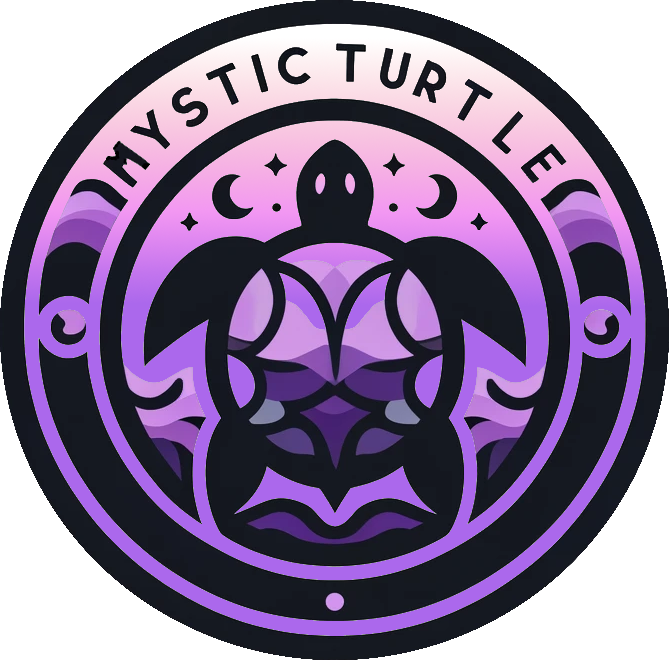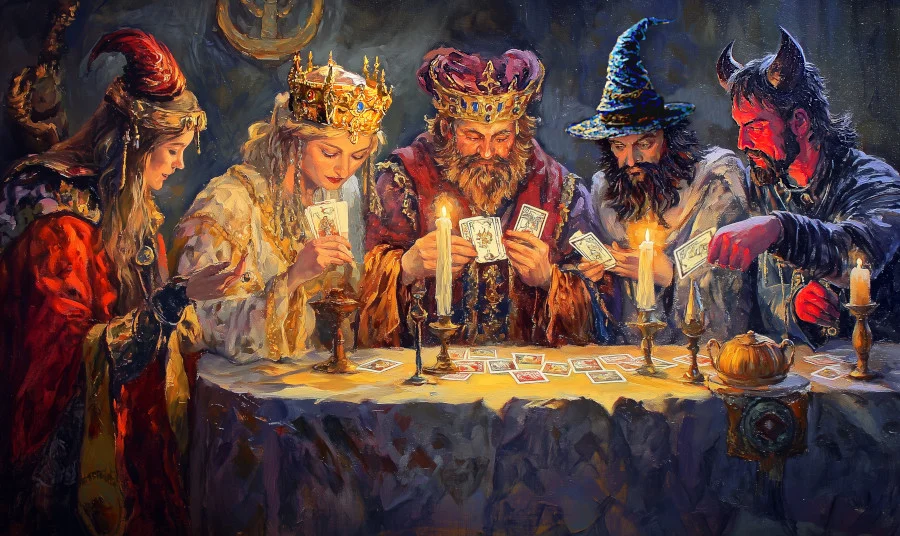Tarot cards, with their rich symbolism and enigmatic allure, have long captivated those seeking insight into their lives. Beyond their mystical reputation, tarot serves as a profound tool for self-reflection, personal growth, and psychological well-being. This exploration delves into how engaging with tarot can impact individuals, weaving together empirical studies, personal narratives, and psychological perspectives to illuminate its multifaceted influence.
The Psychological Landscape of Tarot
Engaging with tarot cards often facilitates deep introspection, prompting individuals to explore their thoughts, emotions, and life circumstances. This process can lead to heightened self-awareness and a clearer understanding of one’s motivations and challenges. A systematic review of empirical studies highlights that tarot readings are associated with positive psychological outcomes, including increased self-awareness, enhanced decision-making abilities, and reduced levels of anxiety and stress.
The act of interpreting tarot cards can also promote emotional validation. Participants frequently report feeling understood during readings, as the symbolic imagery resonates with their experiences, contributing to feelings of empowerment and emotional resilience. This validation fosters a sense of agency, encouraging proactive steps toward personal growth.
Tarot as a Therapeutic Tool
Beyond personal use, tarot has found its place in therapeutic settings. Practitioners utilize tarot to facilitate conversations, uncover subconscious thoughts, and explore personal narratives. The cards’ archetypal images serve as mirrors, reflecting inner truths and fostering a deeper connection to one’s authentic self. This approach aligns with narrative therapy techniques, where storytelling aids in understanding and reshaping one’s life story.
However, it’s essential to approach tarot in therapy with ethical considerations. The unregulated nature of tarot readings necessitates caution, especially for individuals with established mental health conditions. Consulting certified mental health professionals who incorporate tarot responsibly can ensure that the practice supports therapeutic goals without causing harm.
Personal Narratives: Transformative Journeys with Tarot
Personal stories vividly illustrate tarot’s impact on individual lives. For instance, Michelle faced a career crossroads and turned to tarot for guidance. The reading highlighted themes of creativity and resilience, prompting her to pursue a new path in art, resulting in a fulfilling career change.
Similarly, community members have shared experiences where specific cards, like The Fool, guided them through significant life decisions, teaching crucial lessons and providing comfort during challenging times.
Cultural Resurgence and Modern Applications
In contemporary times, tarot has experienced a cultural revival, extending beyond divination into realms of art, literature, and personal development. Exhibitions and creative projects explore tarot’s aesthetic and historical significance, reflecting its enduring influence. This resurgence indicates a broader acceptance and integration of tarot into various aspects of modern life, appealing to those seeking alternative methods of introspection and understanding.
Final thoughts…
The journey with tarot is deeply personal and varies for each individual. Whether serving as a mirror reflecting one’s inner world, a tool for therapeutic exploration, or a guide through life’s uncertainties, tarot offers a unique pathway to self-discovery and empowerment. Its impact on users’ lives underscores the profound connection between symbolism, psychology, and personal growth, inviting individuals to explore the depths of their psyche and embrace the transformative potential within the cards.






